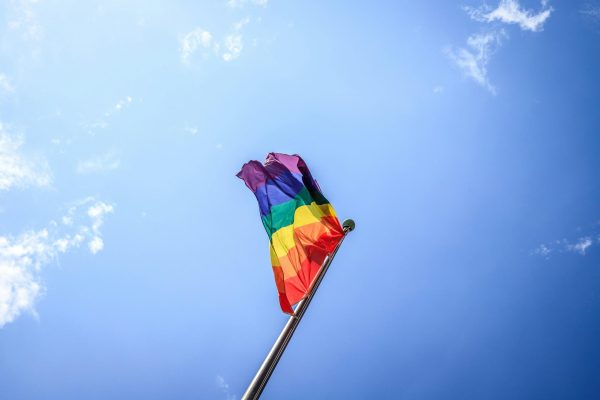Local Perspectives On Afghanistan
INTERVIEWS BY EVE SLEMP & NOELLE AVENA
Why were US troops in Afghanistan?
ENGLISH TEACHER: KIMBERLY BUCKLEY
Imagine you just watched the World Trade Center in New York City fall. You want action. You want the government to do something. These people used our own planes to kill our civilians. This is why we were in Afghanistan.
Thinking of terrorism in this way is relatively new. Having it happen here in the US in such a horrible, dramatic way; I can understand why President Bush felt like he had to do something– to show some kind of response. As a country united, we were devastated. Where were they hiding? Who were they working for? Where did they come from?
We’re talking about 100 years of upheaval; this is a country that has never been allowed to be independent. For us to go in and root out the Taliban, prop up a government, and then leave… it seemed like it was doomed. Now, we have to be afraid again; 13 soldiers dying [in Afghanistan 2021] is 13 too many. They were all so young. Not to mention the Afghan people who wanted to get out. They have hopes and dreams, just like us. It would be a terrible loss if things didn’t get better.
Why did US troops leave Afghanistan?
HISTORY TEACHER: MATTHEW LACONTI
Public opinion demands that we end something people feel we’ve been in for too long.
We found ourselves learning some lessons about choosing where we go, and how long we stay has its costs. In World War II, we had a longer range commitment to rehabilitating countries. That has shortened because we are in Afghanistan, where we have a lot less understanding of culture and lifestyle.
When we removed the Taliban the action was widely supported by Americans after 9/11. Our appetite for war has become indigestible to Americans over time. It’s hard to believe we’ve stayed in places like Germany and Japan for 80 years; to me those are examples of going into a place, and asking, ‘Are we willing to stay there for 50 years?”
It’s hard to get the changes we want in 15-20 years. The timeframe (15-20 years) is simply too short, but how does one rally public opinion to stand on board when we’re a democracy of the people, for the people, and by the people? While we may have driven the Taliban out, 20 years later, we have a different generation of people now who look at things differently, and they now have a say. That’s part of the evolution of our own democracy.
How will human rights be affected?
AIR FORCE JOURNALIST IN AFGANISTAN (2011): KRISTIANA SANFORD
In 2004, the Afghan Constitution opened opportunities for women to have better access to education and jobs. Before, they weren’t allowed to leave the house without a male escort, weren’t given opportunities for education, and were forced to wear burqas, which covered their entire bodies except their eyes. It’s scary now to think, “What are they going to lose?”
So quickly, we’ve seen things change back for women: schools closing, women not allowed on the streets without a male escort– we are seeing these things they experienced for the last 20 years slip away.
This new Taliban is promising respect for women’s rights and to allow women to go to school and hold jobs, “as allowed by Islamic law”. During the Taliban rule in the late ‘90s, they had an extreme interpretation of that law and they promised peace and a well governed government, but that was far from what happened.
The great thing about the last 20 years is that women have seen what their country can be like. We’ve had girls grow up in a world where a written constitution says women are equal to men. That’s so important for them to see. It gives them that fire to fight. You already hear about women going out and protesting. That’s a huge step – you would have never seen that 30 years ago. They’re not only fighting for them, but fighting for the next generation of girls and women in their country.
Your donation will support the student journalists of East Lyme High School. Your contribution will allow us to purchase equipment and cover our annual website hosting costs.
